This week’s digest was curated by Helen Lewis, a staff writer at The Atlantic and author of The Bluestocking, a weekly roundup of links and mini-essays that goes out every Friday. Helen’s most popular posts include her obituary for Matthew Perry, an explanation of Keir Starmer’s most important personal quality, and her advice on how to write, which suggests having “one notebook to rule them all.” If you enjoy her recommendations, head over to The Bluestocking and subscribe.
Happy Indeterminate Day! That greeting is how I began the first edition of The Bluestocking on Substack, because it was May 2020 and life was a grim, monotonous WFH treadmill. (I remember feeling like I brushed my teeth a lot, but it was just that nothing happened in between the mornings and evenings to create any other memories.) Although I’m very happy working in the MSM, I’ve always loved having an independent newsletter as well; it’s somewhere I can try out more tentative thoughts, make interesting connections, and get feedback from thoughtful readers rather than drive-bys on social media.
Substack has introduced me to many writers who are happier tending their own little patches—writing about their niches with precision, wit, and love—than competing in the hot-take circus. Here are a few of my recent favourites, writing about everything from Himalayan kingdoms to getting “hench.”
LITERATURE
“I’m having an unofficial Year of Orwell, between judging the Orwell Prize for Journalism and making a six-part series for the BBC about him (and Kafka, the other 20th-century writer who gifted us with an adjective). Orwell Daily is a lovely use of Substack, finding the best pieces from his archive and making them available online”
—George Orwell via The Orwell Foundation in Orwell Daily
He is a man of 35, but looks 50. He is bald, has varicose veins and wears spectacles, or would wear them if his only pair were not chronically lost. If things are normal with him he will be suffering from malnutrition, but if he has recently had a lucky streak he will be suffering from a hangover. At present it is half past eleven in the morning, and according to his schedule he should have started work two hours ago; but even if he had made any serious effort to start he would have been frustrated by the almost continuous ringing of the telephone bell, the yells of the baby, the rattle of an electric drill out in the street, and the heavy boots of his creditors clumping up and down the stairs. The most recent interruption was the arrival of the second post, which brought him two circulars and an income-tax demand printed in red.
Continue reading
THINKING BETTER
“Every few months, Gurwinder Bhogal publishes a list of concepts to help you think about the world, often putting a name to a half-formed thought you might have had. Are you aware of the Woozle effect? Do you need to grey-rock a narcissist in your life? Have you succumbed to package-deal ethics?”
—Gurwinder in The Prism
Finality Principle
One day you’ll do something for the last time and never know it. So, whether you’re watching a sunset or arguing with a friend, ask yourself: “What if this was the last time I experience this?” A sense of finality can turn even nuisances into miracles.
Continue reading
PODCAST
“I first met Andy Mills when he produced the audio documentary The Witch Trials of J.K. Rowling, which took a step back from an incendiary topic and aimed to put it in all kinds of context. Reflector is his new podcast, and in the first episode he interviews Katie about effective, yet overlooked, treatments for alcohol addiction”
—Andy Mills in Reflector
Most Americans with a drinking problem never speak to their doctors about their drinking, and less than 6% of them receive any form of treatment whatsoever. Twelve-step programs like Alcoholics Anonymous remain at the heart of a majority of American rehab programs, even though their “success rate” (which has historically been very hard to study) hovers around the single digits, while there are more effective medical options available. Why?
Continue reading and listening
BRITISH POLITICS
One of the subjects I’m always fascinated by is how you get people to change their minds—or even admit they were wrong. Tom Hamilton, who used to work for the Labour party, writes a newsletter that’s full of crunchy detail on how politics actually works, and in this post he looks at persuading politicians (and voters) to defect”
—Tom Hamilton in Dividing Lines
The current leadership and staff of the Labour Party have devoted an enormous amount of effort to trying to win over people who voted for the Conservatives in 2019. These include what Labour describes, enormously irritatingly, as “hero voters”: variously defined and often overdefined, but basically the kinds of people who probably voted Labour at least sometimes in the past but backed Brexit in 2016 and Boris Johnson in 2019, were unconvinced—to put it mildly—by Jeremy Corbyn, tend to be older and more socially conservative, tend not to have been to university, and live in Conservative-held seats that Labour needs to win.
Continue reading
FITNESS
“Sarah Ditum’s usual Substack beat is pop culture—she’s an expert on the horror decade that was the 2000s—but she is also the henchest person I know. This post, on some insane squat regime she cooked up to grow her bunda, illustrates one of the nicest things about having a newsletter: you can stray into whatever topics you like”
—Sarah Ditum in Tox Report
One storied variant of the programme dictates that you drink a gallon of milk a day while doing it. A gallon of milk is roughly 1,600 calories. For comparison, the NHS RDA is 2,000 for an average woman and 2,500 for a man. I mean, it is an off-putting quantity of milk. The theory is that, because your body is being stimulated to hypertrophy by the relentless squatting, most of these calories will be turned into muscle.
This probably does work, but I suspect that with the milk, as with the squatting, the unpleasantness is partly the point: you must push through something that becomes horrible by sheer virtue of its volume. The 20-squat programme is all about putting yourself under duress—mental as well as physical.
Continue reading
SCIENCE
“Social media is awash with terrible health and wellness advice, peddled by unqualified, self-interested influencers (who are often making money from selling supplements). So thank Darwin for The Studies Show, where a recovering academic and a science journalist look sceptically at health myths and popular delusions. Are you drinking enough water? Are vitamin D pills worth it? Is Ozempic going to wither you to a husk?”
— Stuart Ritchie and Tom Chivers in The Studies Show Podcast
Several previous episodes of The Studies Show have covered depression and treatments for it, but none have really considered what depression is. It’s time to do that. It turns out that some scientists have made serious critiques of the standard way of thinking about depression and argue that we need a revolution in the way we measure it.
In this episode of The Studies Show, Tom and Stuart take nothing for granted—they look into the idea of “latent variables”, read the studies critiquing the concept of a single, monolithic “depression”, and talk about what this all means for how we treat people with these often-terrible symptoms.
Continue reading
COSTUME
“Gia Milinovich spent her 20s working out how best to look like Tim Curry in The Rocky Horror Picture Show, creating costumes (and movements) that were eerily accurate so that she could ‘shadowcast’ along with the film. I love this kind of story—an obsession pursued for its own sake. As a bonus, Gia’s Substack empire just expanded with a new podcast, The Cluster F Theory, where she talks to Andy Nyman about ritual, Adam Rutherford about eugenics, and Francesca Stavrakopoulou about living with death”
— Gia Milinovich in My Apophenic Haze
Rocky Horror was more than ‘a film’ for me. It was more than ‘putting on a show’. It was ‘an identity’. It was ‘my family’. It was ‘my community’. It was ‘my lifestyle’. It was ‘Me’. It gave me a grounding in creativity. I learned how to sew, make props, write, perform, direct... It taught me about the importance of preparation and discipline and practice. It was my apprenticeship, my scholarship, my university… my everything.
By mid-1992, I was experiencing the toxic side that is present in a lot of (all??) fandoms and was being bullied by a few fellow cast members. I made the difficult decision to leave the cast—the cast that I’d founded—and wasn’t sure where I would go or what I would or could do next. Then I saw an advert for an open audition for a TV presenter job. I decided to do it. There were nearly 1,000 people that turned up. I got the job. It was 100% down to Rocky Horror.
Continue reading
TRAVEL
“Ned Donovan has a biography that makes me feel like the world’s most boring person—the grandson of Roald Dahl, he’s married to a Jordanian princess who speaks fluent Japanese. And his Substack has a similar swashbuckling air, including this brilliant piece about the still little-visited mountain kingdom of Bhutan”
—Ned Donovan in Terra Nullius, by Ned Donovan
The country only opened its borders to foreigners in 1974, to mark the coronation of the Fourth King, Jigme Singye Wangchuck. His Majesty saw the opportunity to take advantage of his accession to showcase Bhutan and its unique culture and traditions to the world but was also aware that unrestricted tourism would put those at risk. Over time, this developed into a vision known as “High Quality, Low Volume” tourism. All visitors must have a guide and driver and also pay a daily fee—currently $100. In 1974, 287 foreigners visited Bhutan, and in 2019 more than 70,000 fee-paying tourists came.
Continue reading
Welcoming Krista Tippett, host of On Being podcast, with The Pause:
Dear friends, It feels so lovely to be saying hello to you again here. I’m so excited to let you know that On Being is back in your podcast feed for nine weeks —and there is a Poetry Unbound mini-season on conflict and the human condition starting next week…
a day ago · 360 likes · 33 comments · Krista Tippett
Congratulations to the following writers celebrating publication.
Milli Hill shares news of her latest book deal:
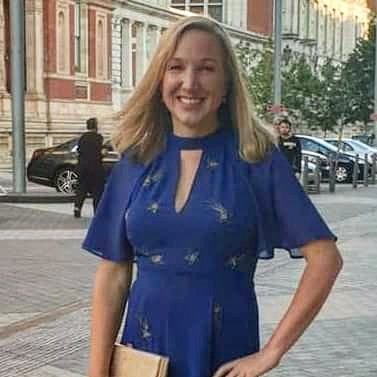 | | Milli Hill 3d Very happy to be able to give you more info on my new book deal! ULTRA PROCESSED WOMEN will be published by HQ (Harper Collins) on Feb 27th 2025. This book will ensure that women’s health is not left out of the conversation about the impact of ultra processed food. For more info, to get involved with some citizen science, and to keep up to date with the book progress, please come and follow my substack! Woop woop… | | |
|
Henry Oliver’s book Second Act is published and available, and his wife Catherine Oliver shared a story of its origin:
 | | Catherine Oliver 2d In the autumn of 2018 my husband @Henry Oliver was diagnosed with cancer. Our children were 1 and 3 years old. I’d told him I was sure the lump was just a cyst, and like many wives I pride myself on always being right, so the news came as a bit of a blow. Henry had to take several months off work (and his work was amazing about it). Some people, faced with a course of chemotherapy, would take the opportunity to take… | | 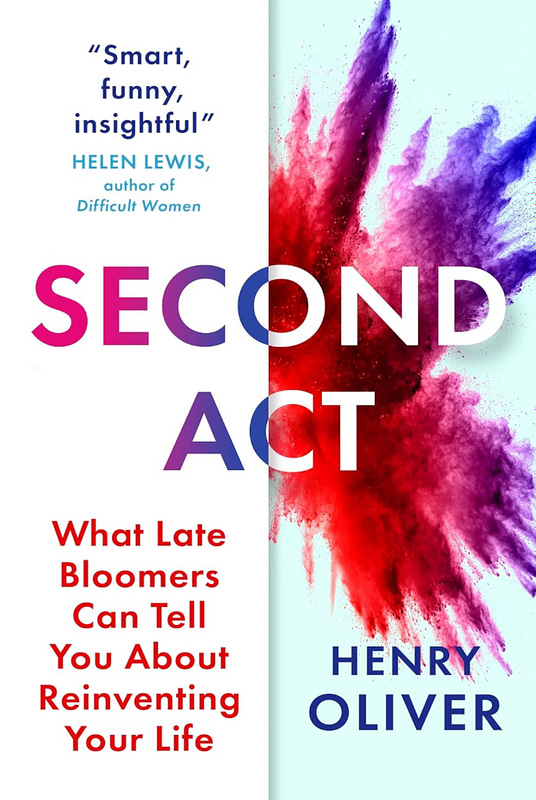 | | |
|
Emma Gannon is on book tour in Guernsey:
 | | Emma Gannon 5d This time last year, my book The Success Myth was about to come out & I almost pulled out of doing the audiobook: I was so unwell with burnout and was finding the book publishing cycle difficult and isolating. I got sent the proof in the mail and couldn’t even open the parcel. I cried at my book launch, overwhelmed, still not 100%. But I love writing and I LOVE the book I created, and I love my community here. I… | | 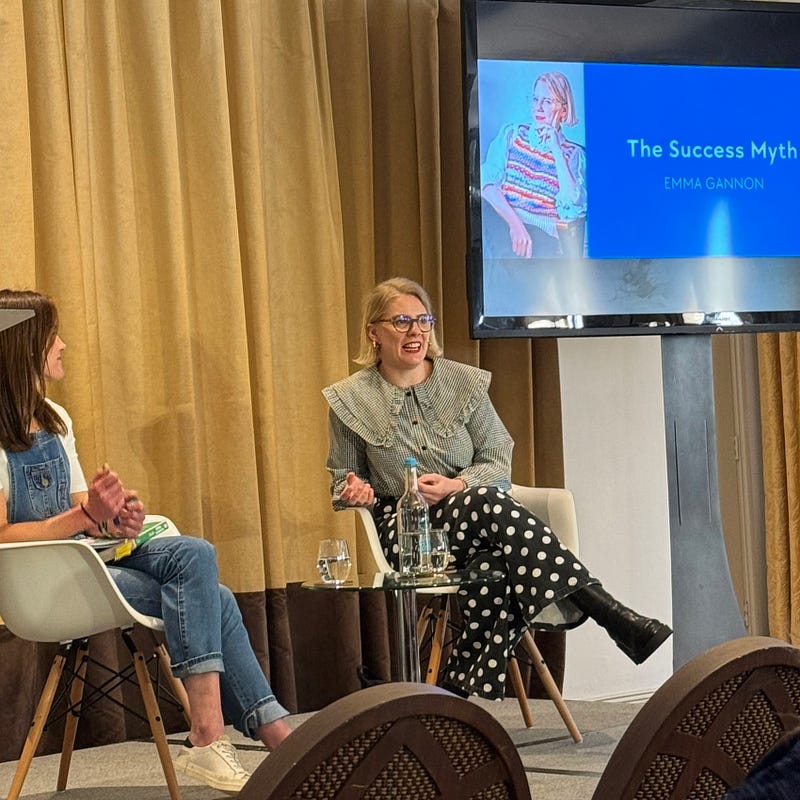 | | |
|
 | | Helen Lewis 1y Willa is the Charlotte Lucas of Succession. I respect that. | | |
|
 | | Helen Lewis 1y Some questions should not be asked, I have learned. | | While petting cats, I accidentally discovered cats are fascinated by the smell & taste of earwax, particularly that of humans, and this interest can last indefinitely. Dogs …” — Helen Lewis | | |
|
 | | Helen Lewis 1y I love this era of a social network, when it’s only the dweebs and dorks (it’s me, hi). Here is the energy I will be bringing to Substack Notes. | | 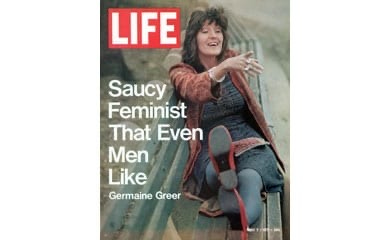 | | |
|
 | | Helen Lewis 1y Quite simply the two most aspirational paragraphs in the Sunday papers. | |  | | |
|
 | | Ayla Pui-yi Leung 5d Some more Hong Kong shop signs, in neon version. These have always been an icon of the city, creating a cinematic ambience. With government regulations and urban renewal, scenes like this are disappearing. Neon signs in recent years have become a favourite in the nostalgia trend, and also a symbol of Hong Kong cultural identity. | |  | | |
|
 | | Rosamund Dean 4d Five years ago I would have laughed in the face of anyone who told me that one day I might get up early to run, three times a week. Breast cancer taught me many things: the necessity of looking after my body is one of them, the importance of appreciating life’s small joys is another. Here’s my picture of Lloyd Park in Walthamstow at 6.50 this morning ☀️ | |  | | |
|
 | | monakhos 5d kendrick lamar maintaining the most important tenant of short-man culture: responding to “you are small.” and “your shoe size is little.” by threatening that person with a violent death. | | |
|
 | | Nelly Bryce 3d Soft boy. Written for my son. In a world that tells him he needs to be hard. For all the boys and the parents of the boys. (Keeping on with reading poetry out loud more often) | |  | | |
|
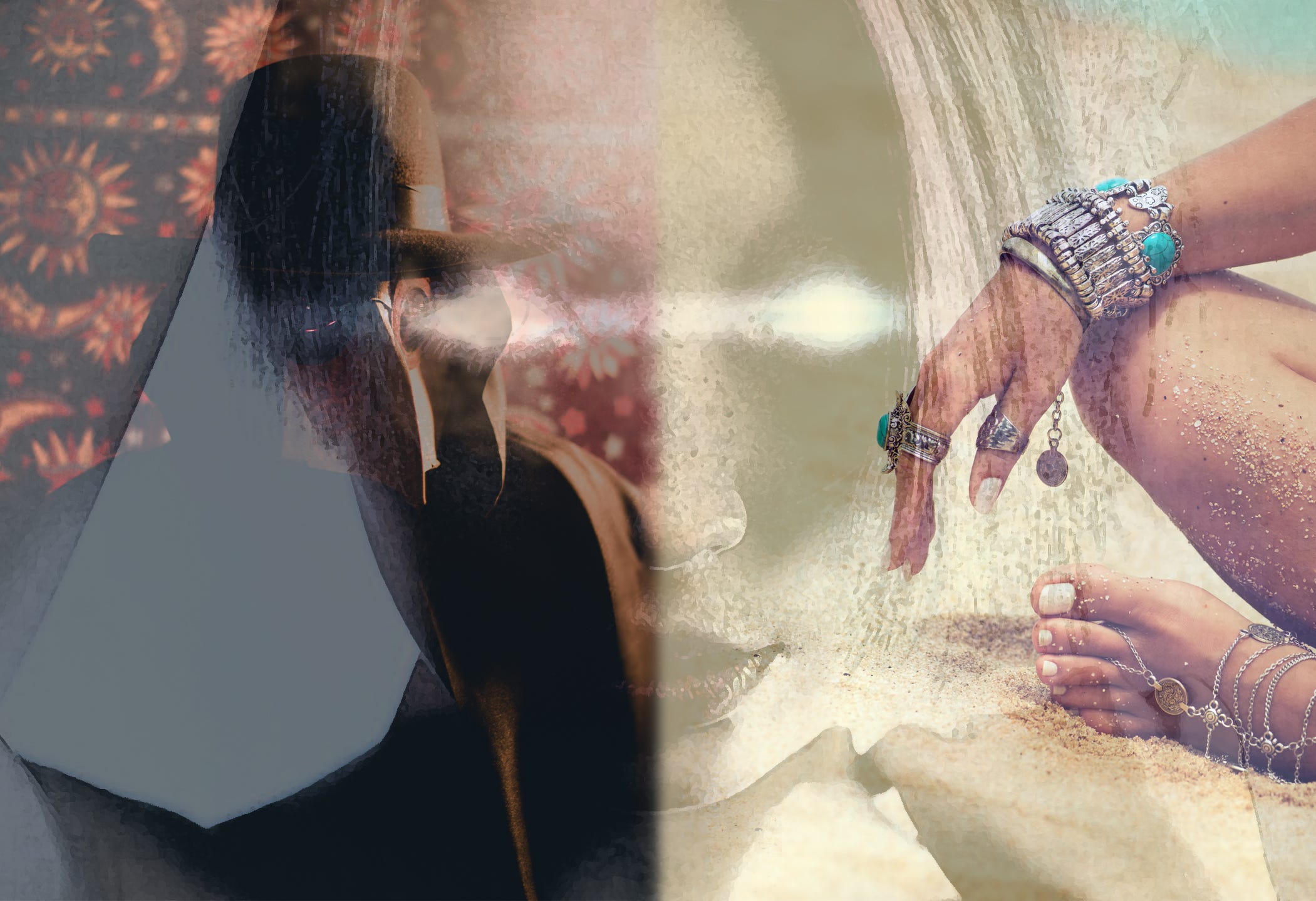 | | After Dinner Conversation 10d "Go into the arts. I'm not kidding. The arts are not a way to make a living. They are a very human way of making life more bearable. Practicing an art, no matter how well or badly, is a way to make your soul grow, for heaven's sake. Sing in the shower. Dance to the radio. Tell stories. Write a poem to a friend, even a lousy poem. Do it as well as you possibly can. You will get an enormous reward. You will have… | |  | | |
|
Inspired by the writers featured in Substack Reads? Writing on your own Substack is just a few clicks away:
Start a Substack
Substack Reads is a weekly roundup of writing, ideas, art, and audio from the world of Substack. Posts are recommended by staff and readers, and this week’s digest was curated by journalist Helen Lewis and edited from Substack’s U.K. outpost by Hannah Ray. You can follow Helen on Substack and subscribe to her publication The Bluestocking. You can also find her on Twitter.
Got a Substack post to recommend? Tell us about it in the comments.

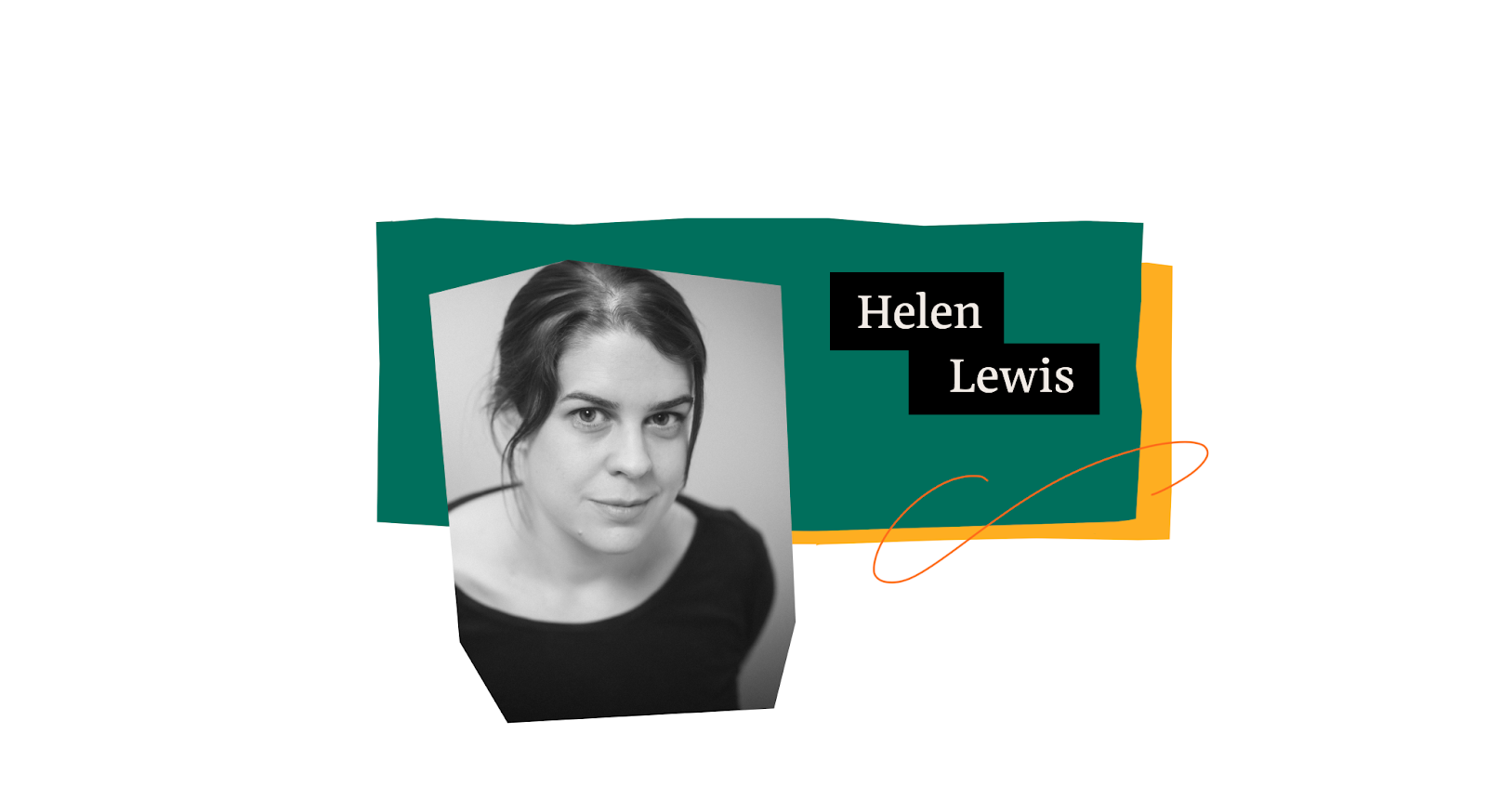

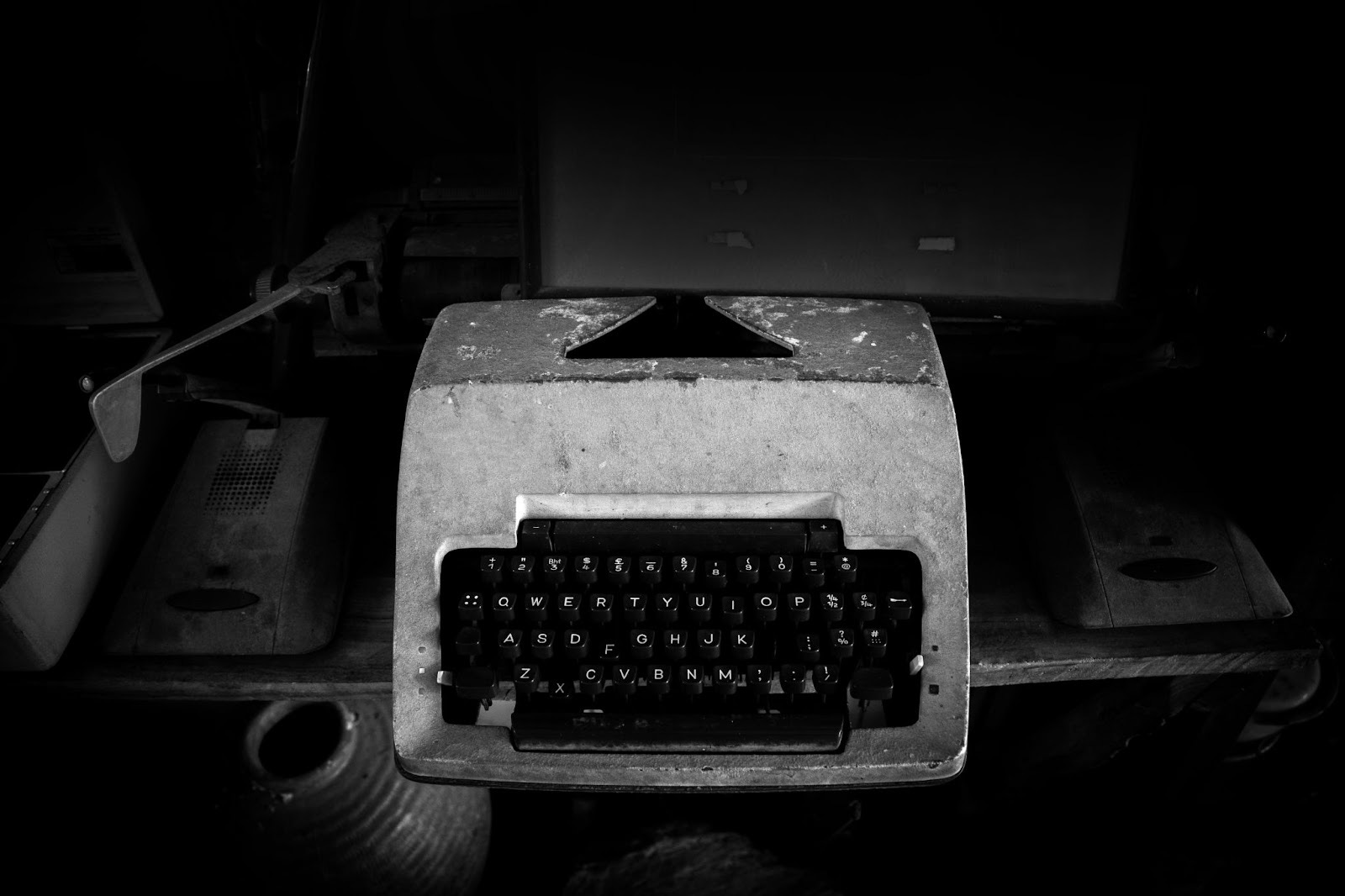

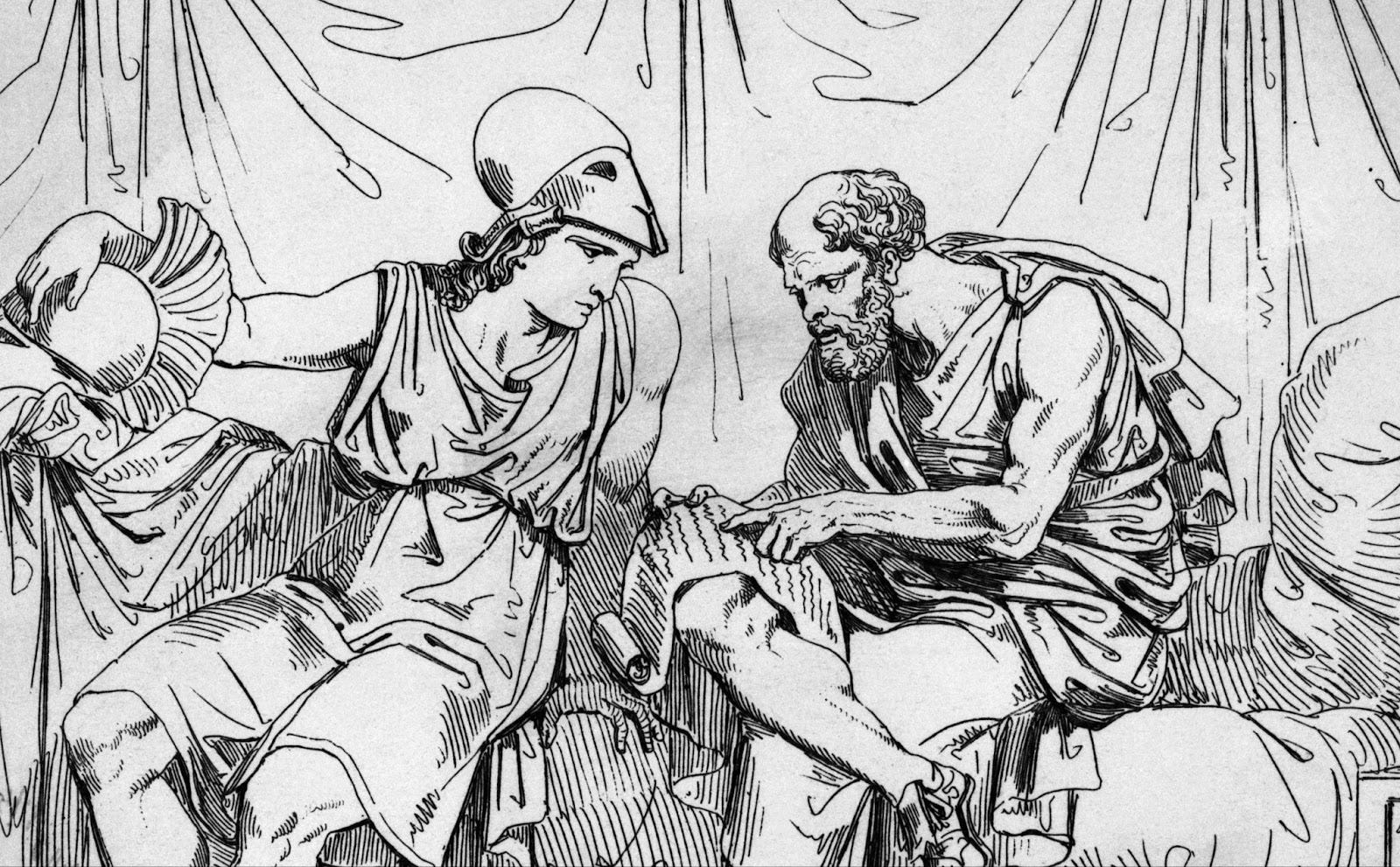

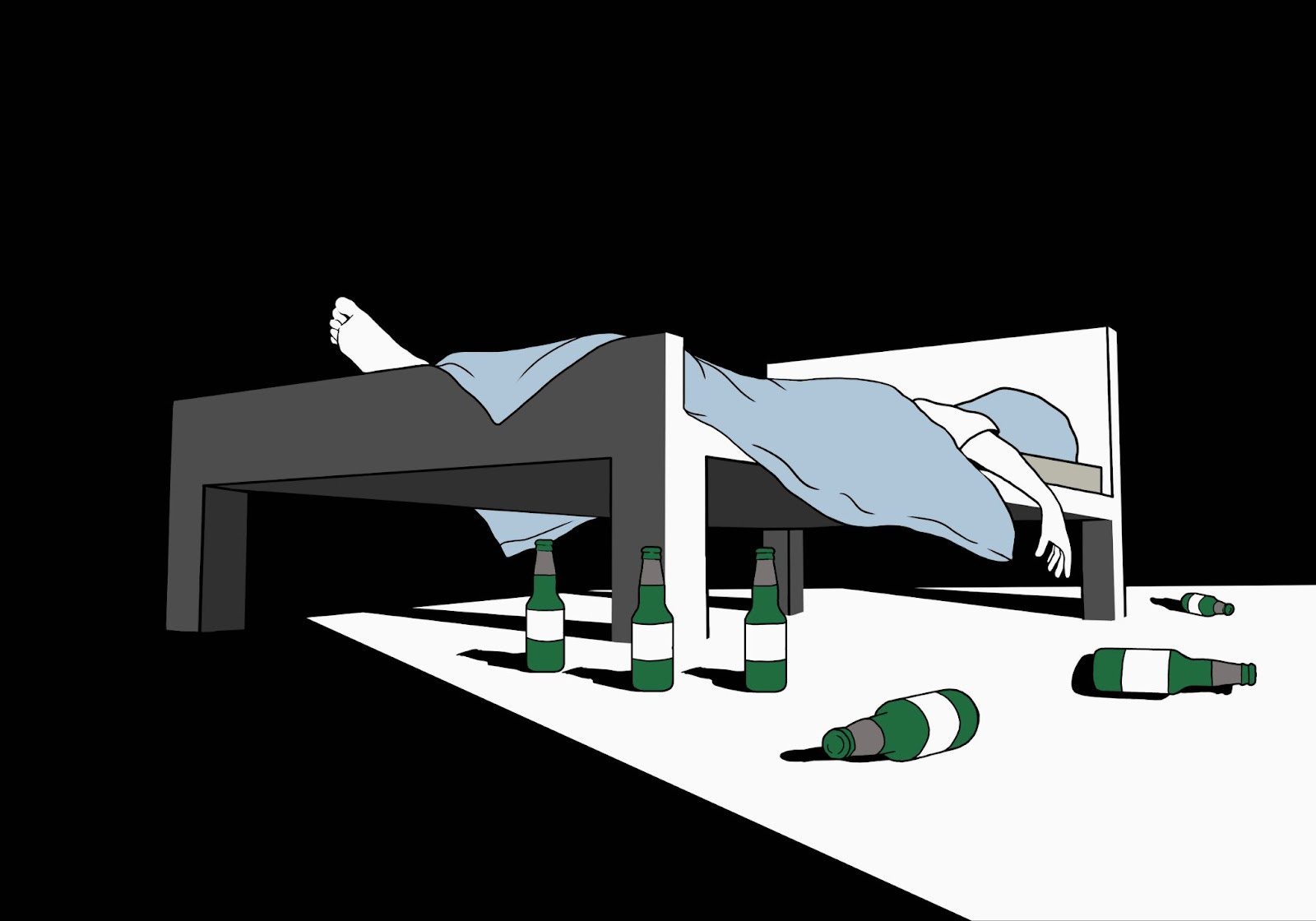




















No comments:
Post a Comment